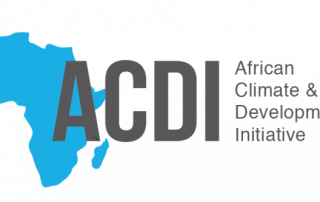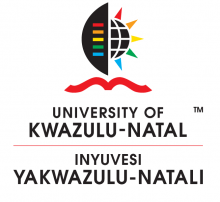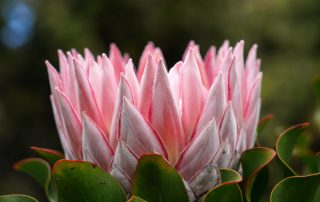ACDI Postdoctoral Research Fellowship – Forecasting the timing of climate change risks to biodiversity to strengthen conservation decision- making in Africa Application Deadline: 29 January 2020 or until position is filled
ACDI Postdoctoral Research Fellowship Forecasting the timing of climate change risks to biodiversity to strengthen conservation decision-making in Africa Application Deadline: 29 January 2020 or until position is filled. Call for Applications A joint research team from the African Climate and Development Initiative (ACDI) at the University of Cape Town; University College London; and South African National Parks is seeking two Postdoctoral Research Fellows (PDRFs) to join a project on climate change risks to biodiversity. PDRFs will be highly motivated to work as part of an interdisciplinary research team, grow their research expertise, engage with conservation decision-makers and generate peer-reviewed [...]





